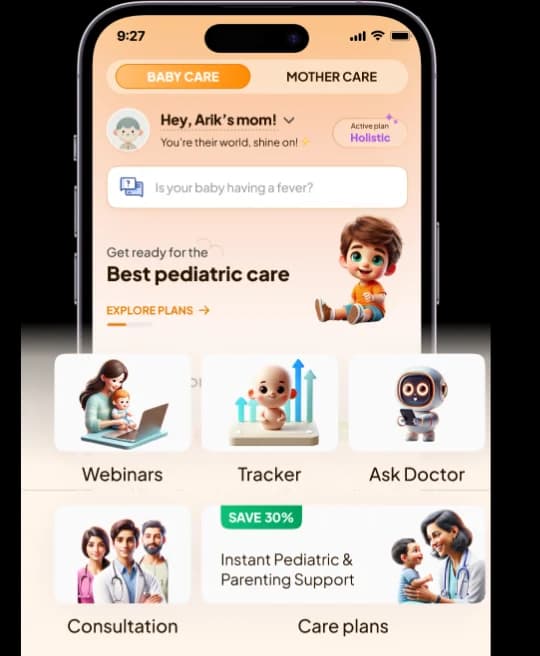
Is Eating Eggs Good for Children?
Parents always want the best for their children and providing a healthy and balanced diet is one of the ways to achieve that.
Eggs are an excellent food option that can provide the necessary nutrients required for a child's growth and development. However, there is a lot of misinformation regarding the consumption of eggs for children.
In this blog, we will explore the benefits of eggs for children, the types of eggs available, and egg allergies in children.
Types of Eggs
There are various types of eggs available in the market. Some of the most common types of eggs are:
- Organic Eggs: Produced by hens fed a vegetarian or organic diet, and they are allowed to roam freely.
- Vegetarian Eggs: Produced by hens that are fed a vegetarian diet and are not given any non-vegetarian food. They are not allowed to roam freely.
- Pasteurized Eggs: Treated eggs to kill any bacteria before consumption.
- Cage-Free Eggs: Eggs laid by hens that are free to roam and lay eggs in self-built nests.
- Free-Range Eggs: Eggs laid by hens that are allowed to roam freely for a certain amount of time during the day.
Egg Allergies in Children and Infants
Egg allergies are common in children, affecting 9% of children under the age of four.
Symptoms of an egg allergy include hives, eczema, swelling, or flushing on the skin, digestive disorder such as nausea, vomiting, or diarrhea, respiratory symptoms such as a runny nose, wheezing, or difficulty breathing, and cardiovascular followed by a sudden heartbeat or low blood pressure.
It is essential to gradually introduce cooked eggs into a child's diet while keeping an eye on any reactions. This should only be done after consulting with a medical professional.
